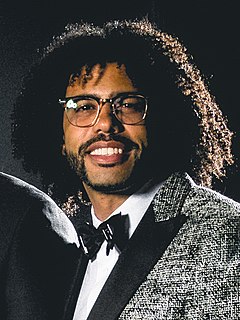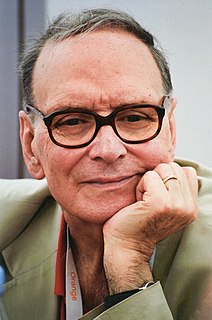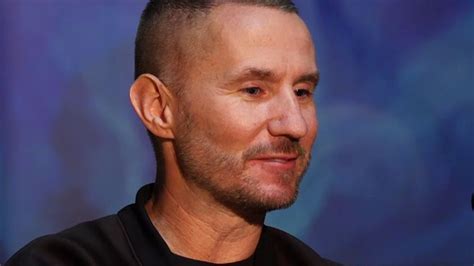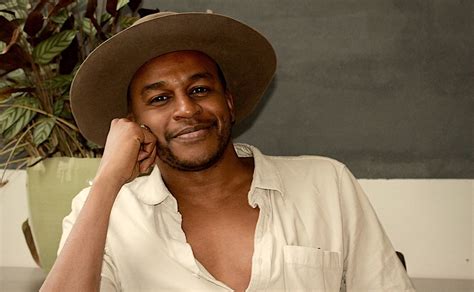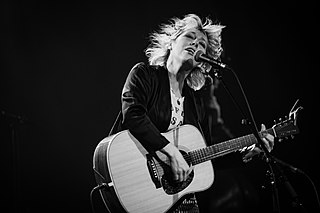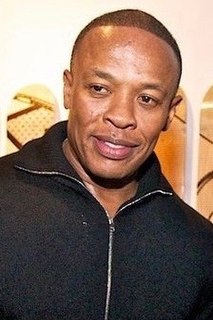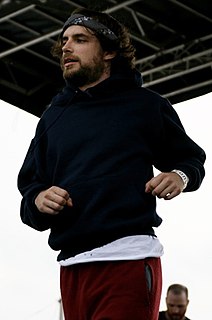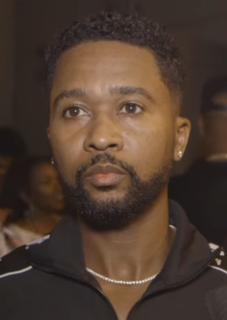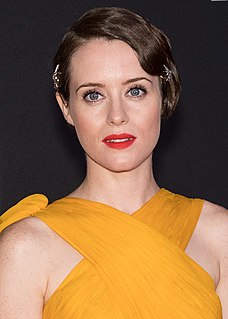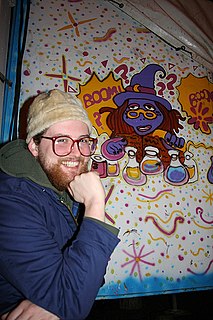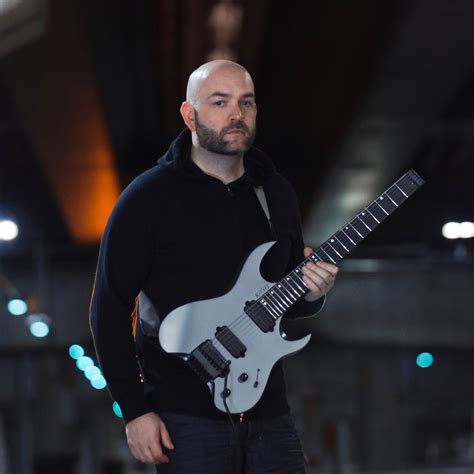A Quote by Daveed Diggs
Clipping is a very specific, concept-y thing. We have all these rules: we don't sample drums. We create all our own sounds. I don't speak in the first person. We come from a background of experimental music like John Cage... Philip Glass.
Related Quotes
We're all about exploring new sounds, so we don't have any limits whatsoever about how we go about finding them. We do tend to sample human vocals or sample sounds, which allows you to create your own sound. That's not our only way obviously, but that's a way you can use a sound no one's used before; it's not a sound in the synth. There's a lot of that going on in our songs in general.
I find it very difficult not to write in any sort of Sudanese style. With Sudanese music, there are very specific things that happen with the syncopation of the drums, melodies and stuff. And whenever I write, that's always the first thing that comes out, because I grew up listening to it. It's a part of me, so I try to bring that out in the music. I think that you have to be honest with what you do, and that's the most honest thing that I can do, is to write that way.
When I listen to my songs, they seem like pieces of music or art, like a painting that you look at. The reality is that, yes, when I wrote the songs upstairs or wherever, I was writing very specifically about my life or a specific subject matter that's very personal. I've never shied away from that. The vocals and the performance that come after the record, I don't think of that as confessional, but the core of the music is completely. It makes sense that people would see that as being the main thing. I guess not everyone is able to speak so candidly.
Guys like Future and me, we help create and shape the sound of music - not just Atlanta music, but music all over. If you really pay attention to the music being made, a lot of that is very heavily influenced by the stuff that we created. I listen to so many songs that's like, 'Damn, this sounds like my music!'
I had a drummer in my band who started teaching me tricks to come up with interesting rhythms. Because I don't come from a musical background, I've never studied music, and I don't know music theory at all, so a lot of stuff I discover on my own are things students would learn in the first grade of music.
I think a lot of electronic musicians are drawn to starting with texture because the whole reason we're working with electronics is to try to create new sounds or sounds that cannot be created acoustically. When you're doing that, it's nice to be able to just create a different palette for every single song. I feel like a lot of electronic music sounds like...Each album sounds like a compilation more than it does a band.
I guess I have some kind of a visceral connection with drums. I'm looking to create music that people can react to viscerally, and people will respond to viscerally. I think that you can listen to music, to a song you've never heard before and not really like it, but also feel like you're responding to it physically whether you like it or not. I think that's a powerful aspect about music, and I think that's something that draws me to drums.
